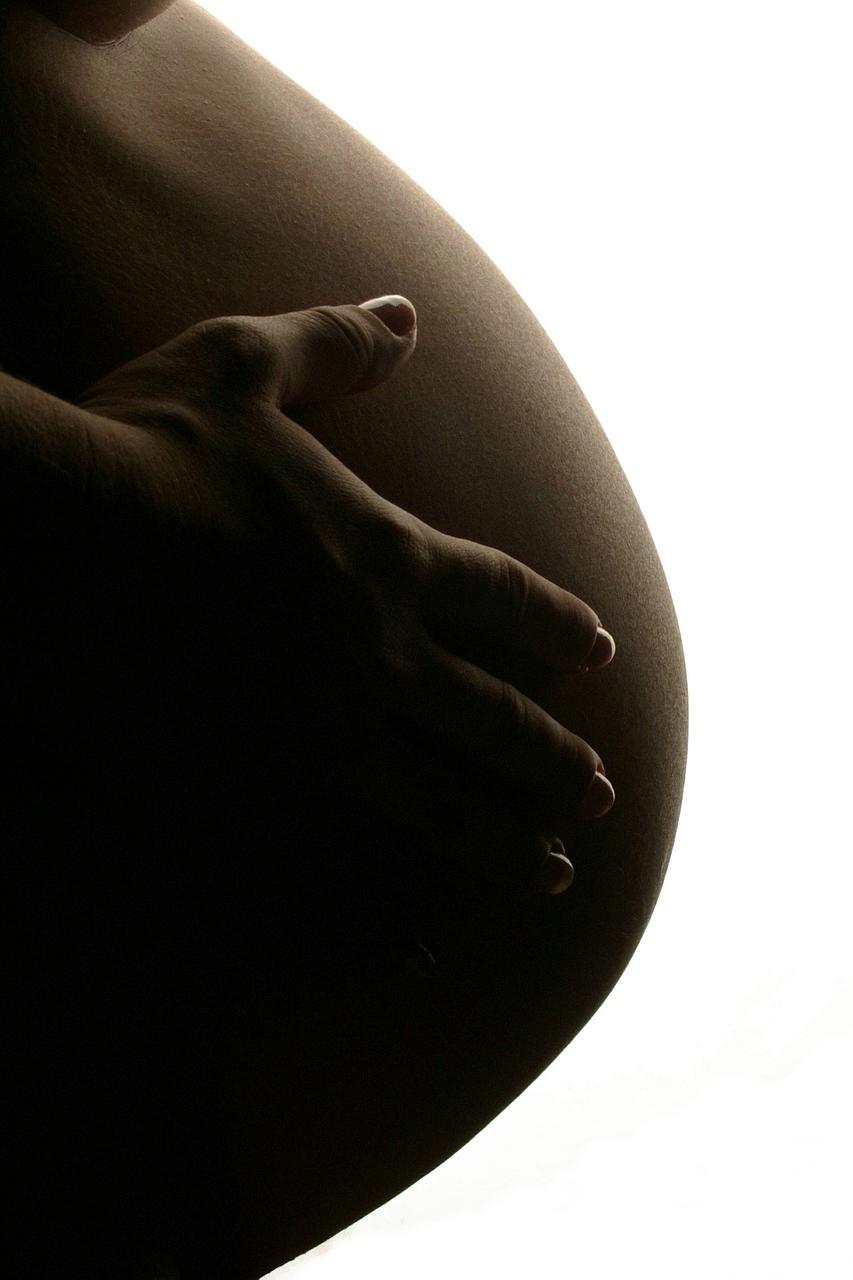Many women who have scoliosis may worry about how pregnancy could potentially impact the progression of their condition. Scoliosis is a condition characterized by an abnormal curvature of the spine, and concerns about whether pregnancy can exacerbate this curvature are not uncommon. However, it is essential to explore the available evidence to gain a better understanding of the relationship between scoliosis and pregnancy.
Studies on the effects of pregnancy on scoliosis progression have yielded varying results, leading to some uncertainty among both patients and healthcare providers. Two retrospective cohort studies have been identified that suggest having one or more pregnancies does not significantly influence the curve progression of scoliosis. These findings provide some reassurance to women with scoliosis who are considering pregnancy or are already pregnant.
While these studies offer valuable insights, it is essential to acknowledge the limitations of retrospective cohort studies. These studies rely on existing data and may not account for all relevant factors that could influence the relationship between pregnancy and scoliosis progression. As such, further research, particularly prospective studies that follow women with scoliosis through pregnancy and beyond, is needed to provide more robust evidence.
It is crucial for women with scoliosis to engage in open and honest discussions with their healthcare providers when considering pregnancy. Healthcare providers can offer personalized guidance based on the individual’s specific circumstances and the severity of their scoliosis. Additionally, monitoring and follow-up care during and after pregnancy can help detect any changes in the curvature of the spine and enable timely interventions if necessary.
Furthermore, maintaining overall spinal health through regular exercise, proper posture, and appropriate interventions recommended by healthcare providers can help mitigate the potential impact of pregnancy on scoliosis progression. Strengthening the muscles supporting the spine and practicing good body mechanics can contribute to better spinal alignment and reduce the risk of worsening curvature.
It is important to emphasize that every case of scoliosis is unique, and the effects of pregnancy on scoliosis progression can vary from person to person. Factors such as the severity of the curvature, the type of scoliosis, and individual health characteristics may all play a role in determining how pregnancy may influence the condition. Therefore, personalized care and attention are crucial for women with scoliosis who are planning to become pregnant or are already pregnant.
Overall, while the existing evidence from retrospective cohort studies suggests that pregnancy does not significantly worsen scoliosis, continued research and individualized care remain essential in addressing the concerns of women with scoliosis. By staying informed, seeking guidance from healthcare providers, and prioritizing spinal health, women with scoliosis can navigate pregnancy with confidence and ensure the best possible outcomes for both themselves and their babies.

